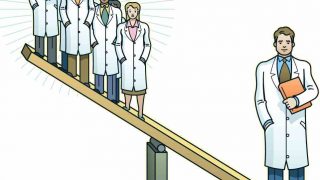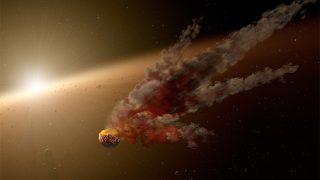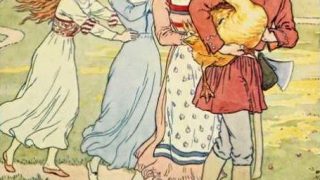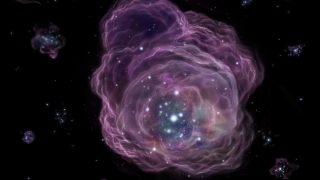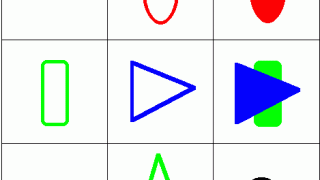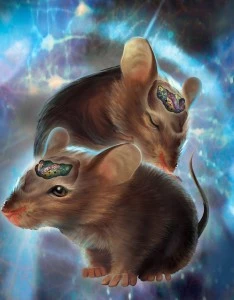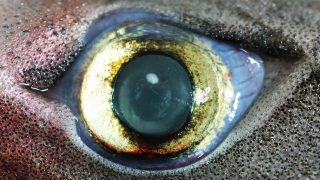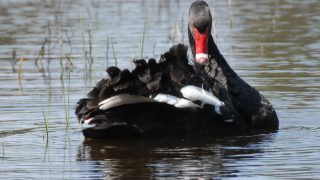
The paradox of prediction
That prediction is one of the main goals of science goes without saying, but how exactly predictive success contributes to the epistemic value of a scientific theory has proven to be an awfully complicated philosophical riddle for centuries. By ‘epistemic value’ I don’t mean something for which we can offer a formal definition (this is […]
